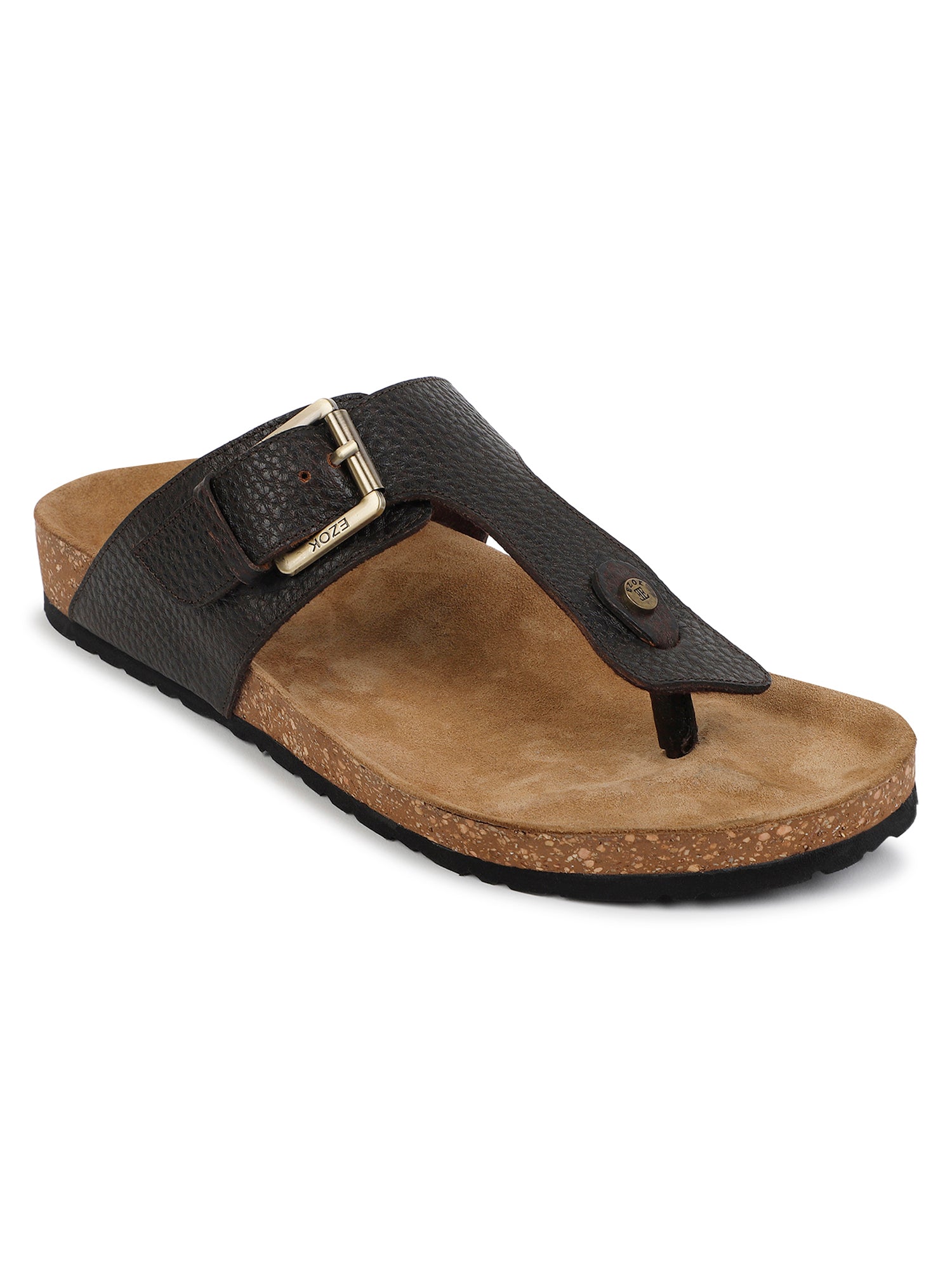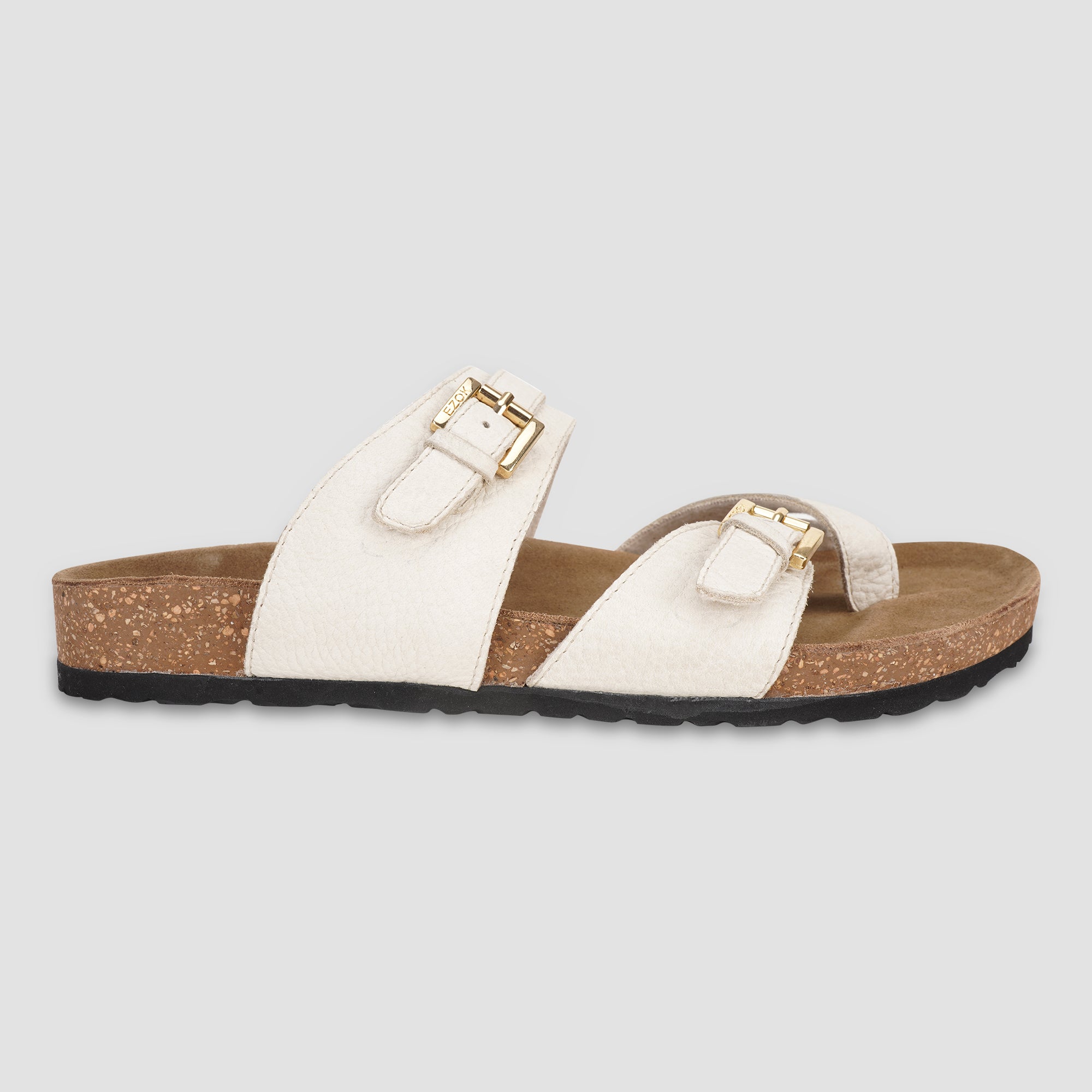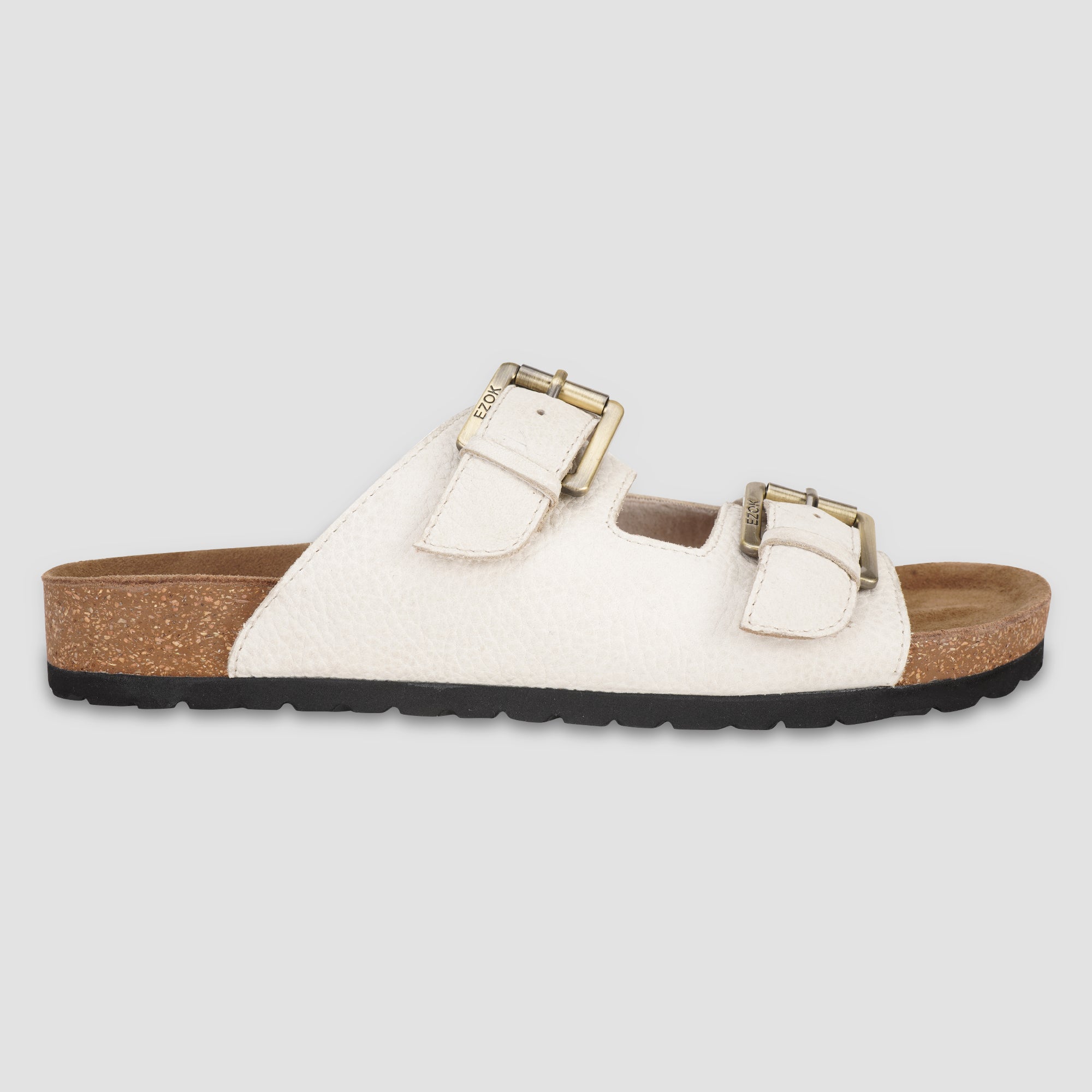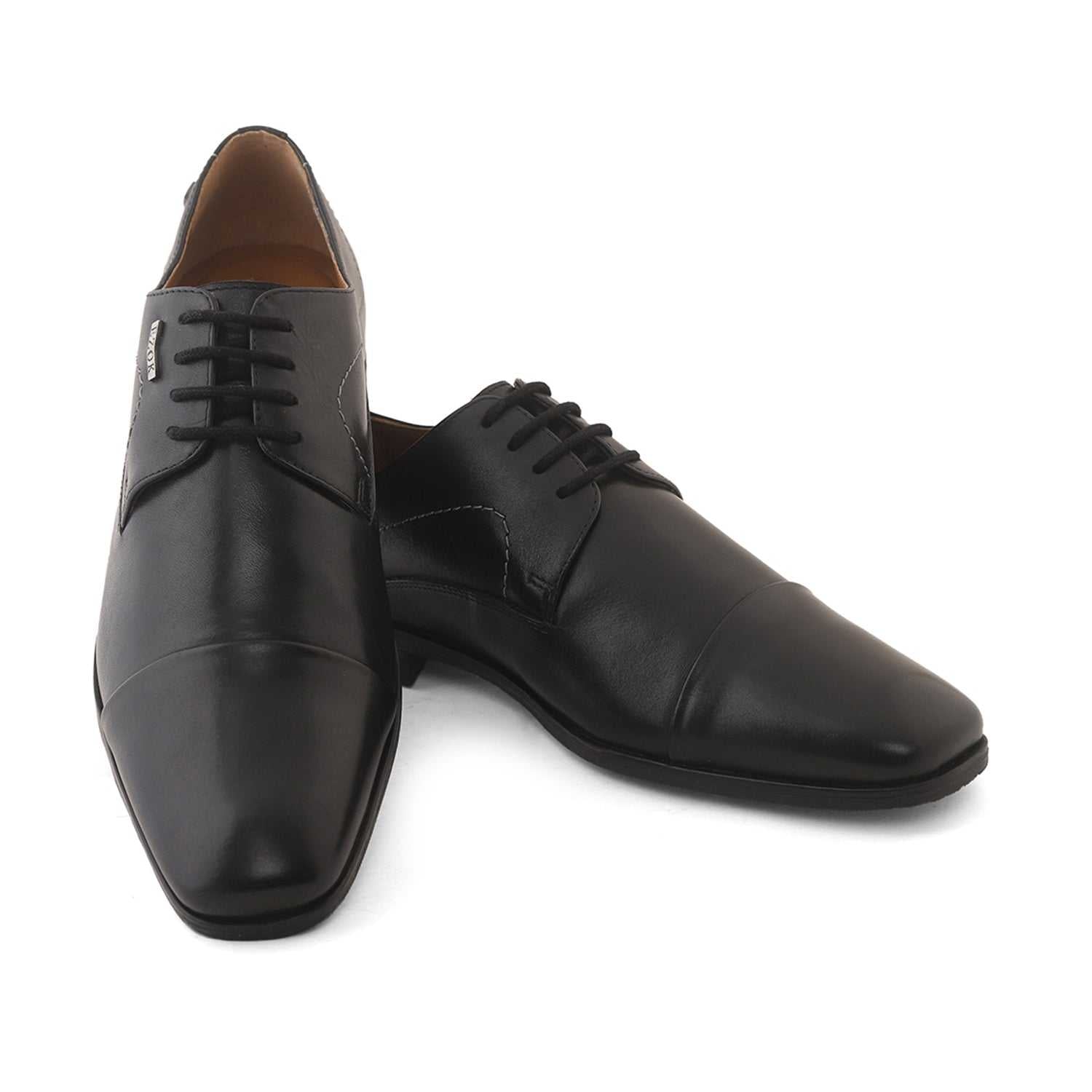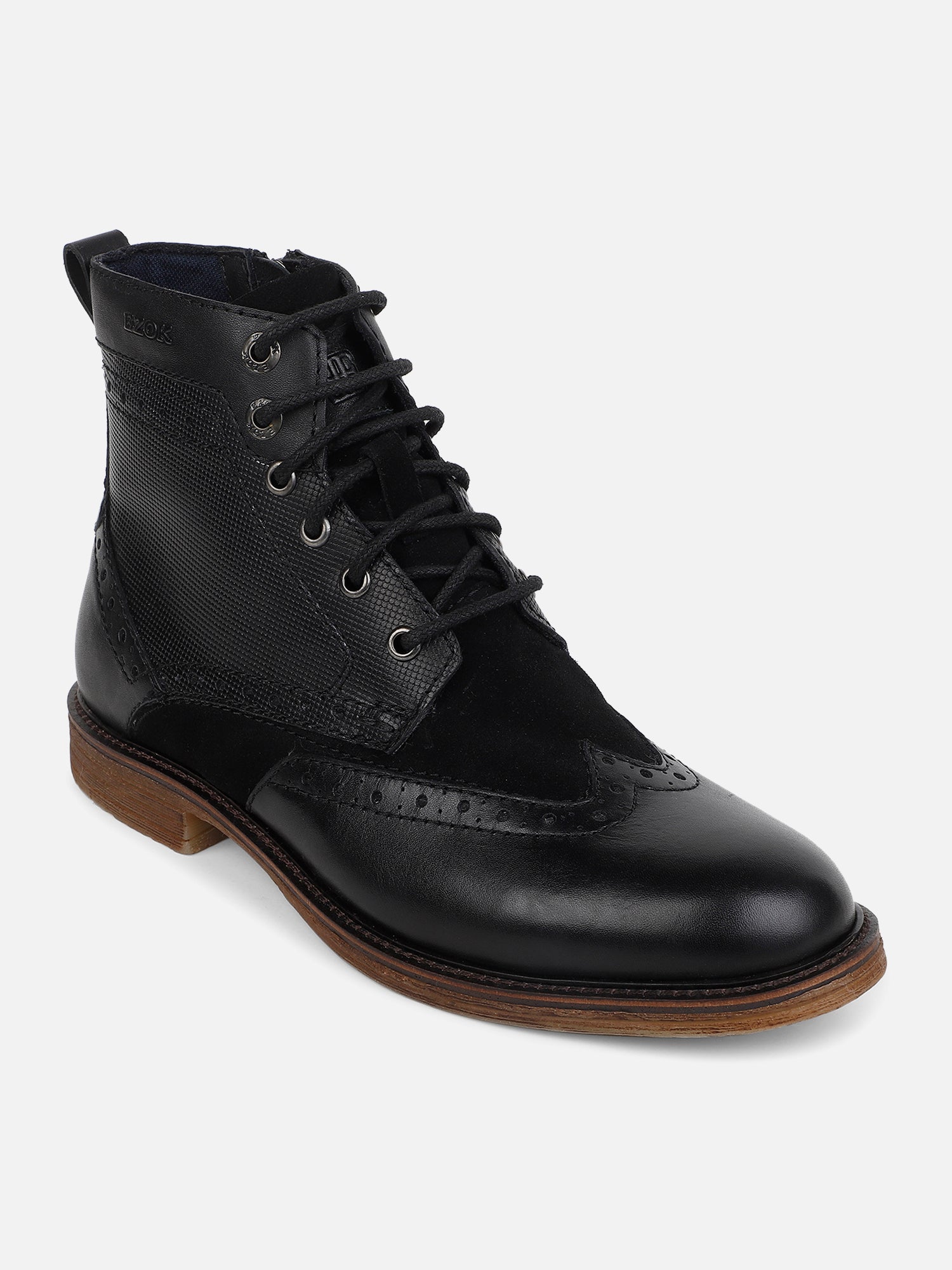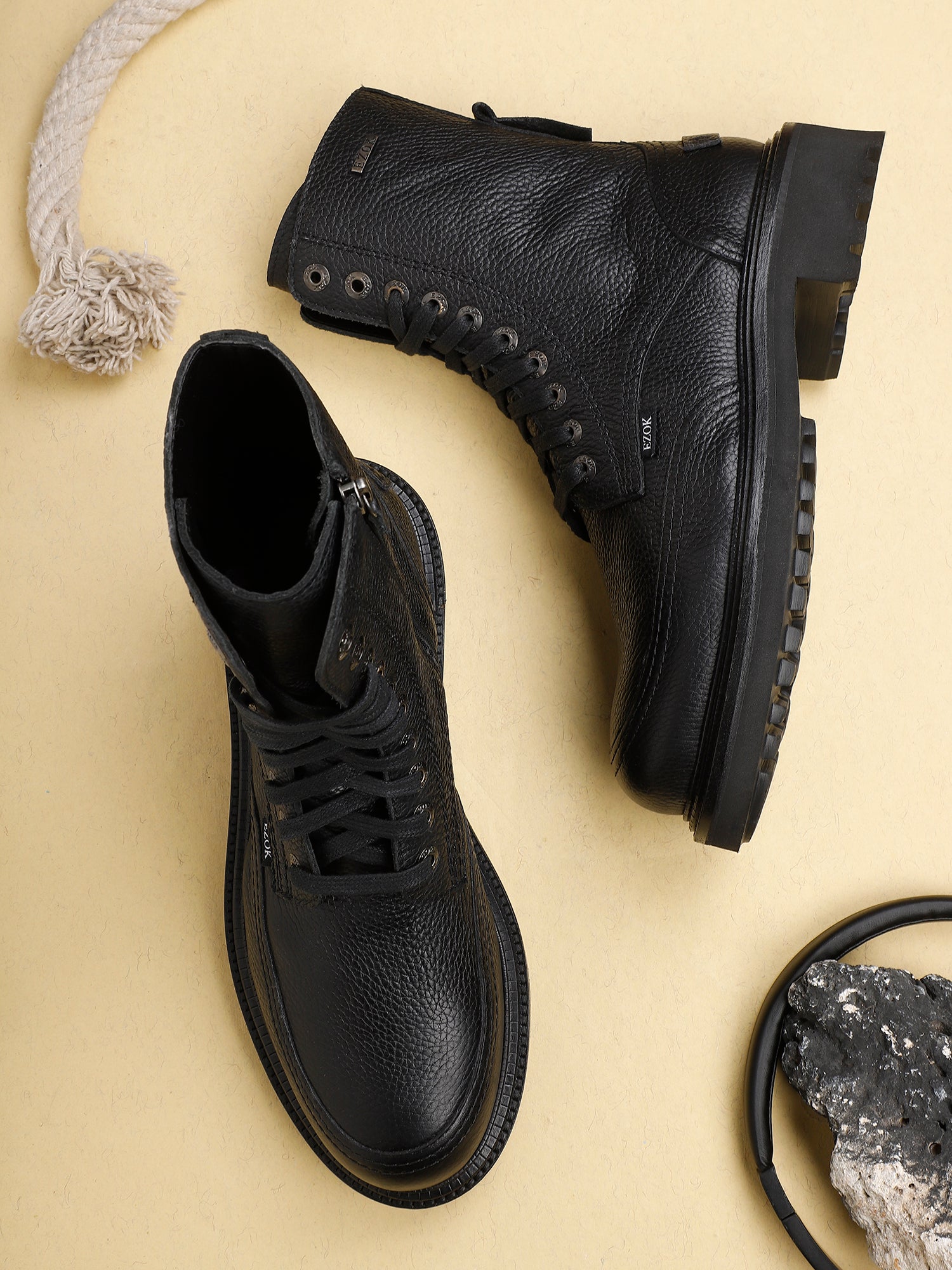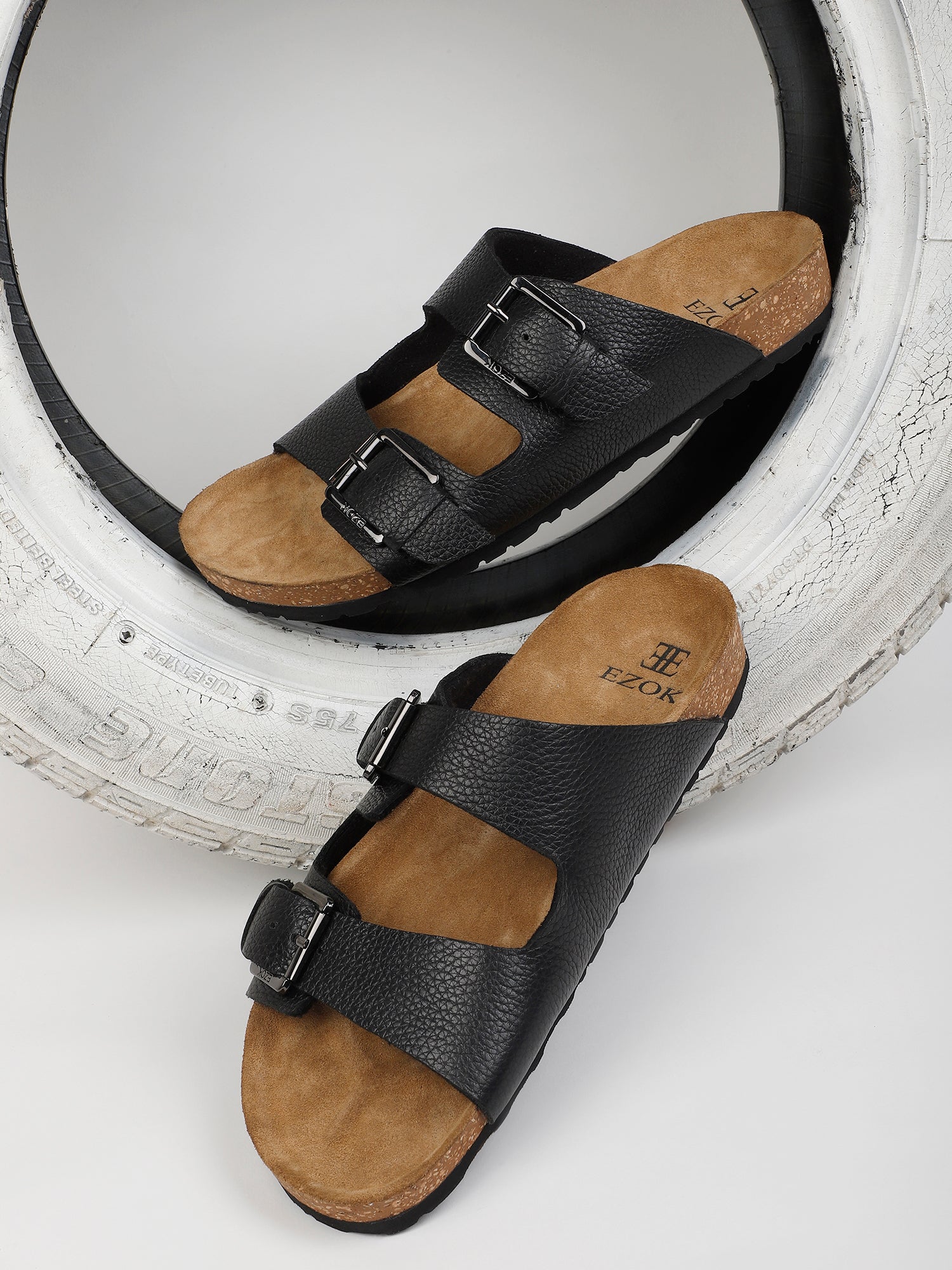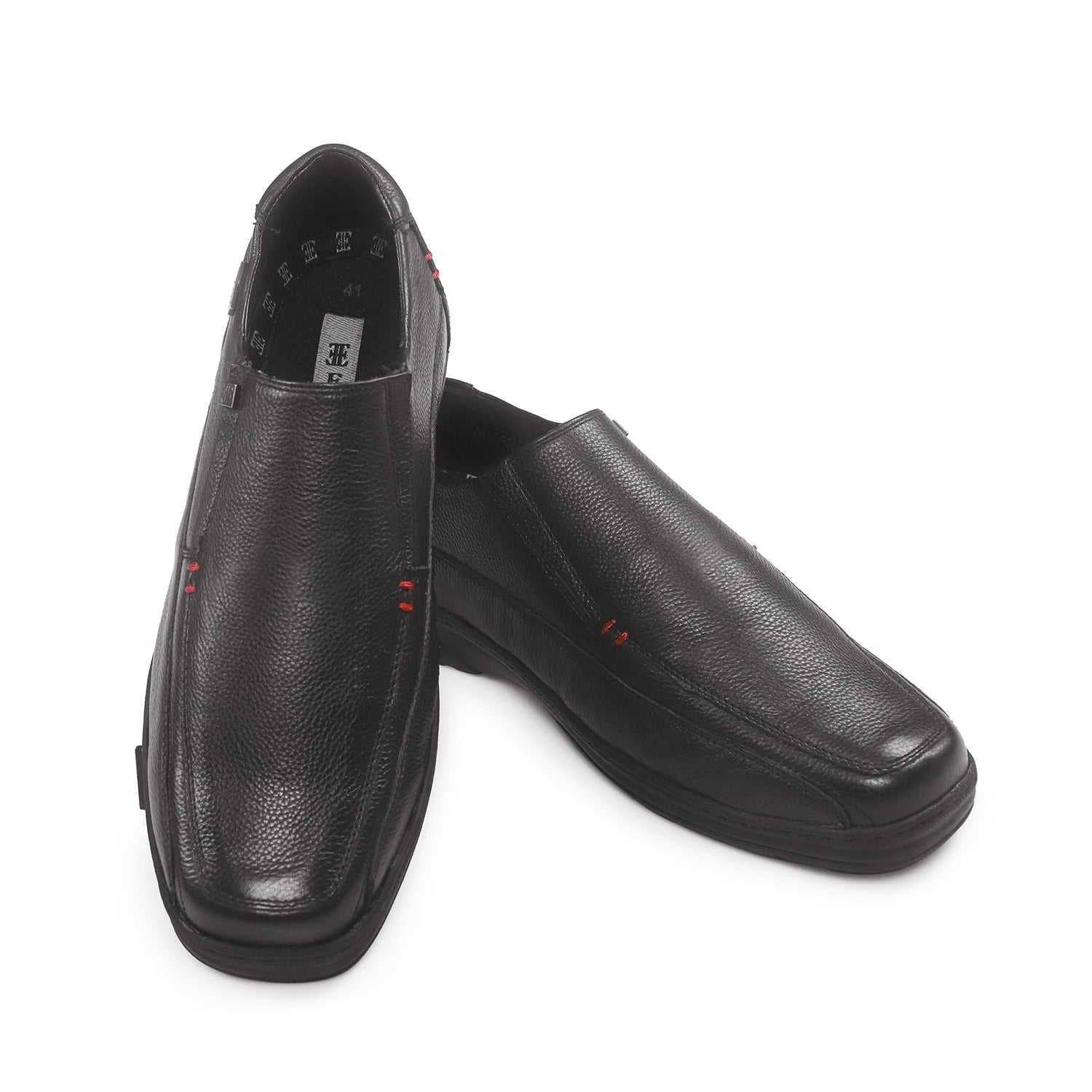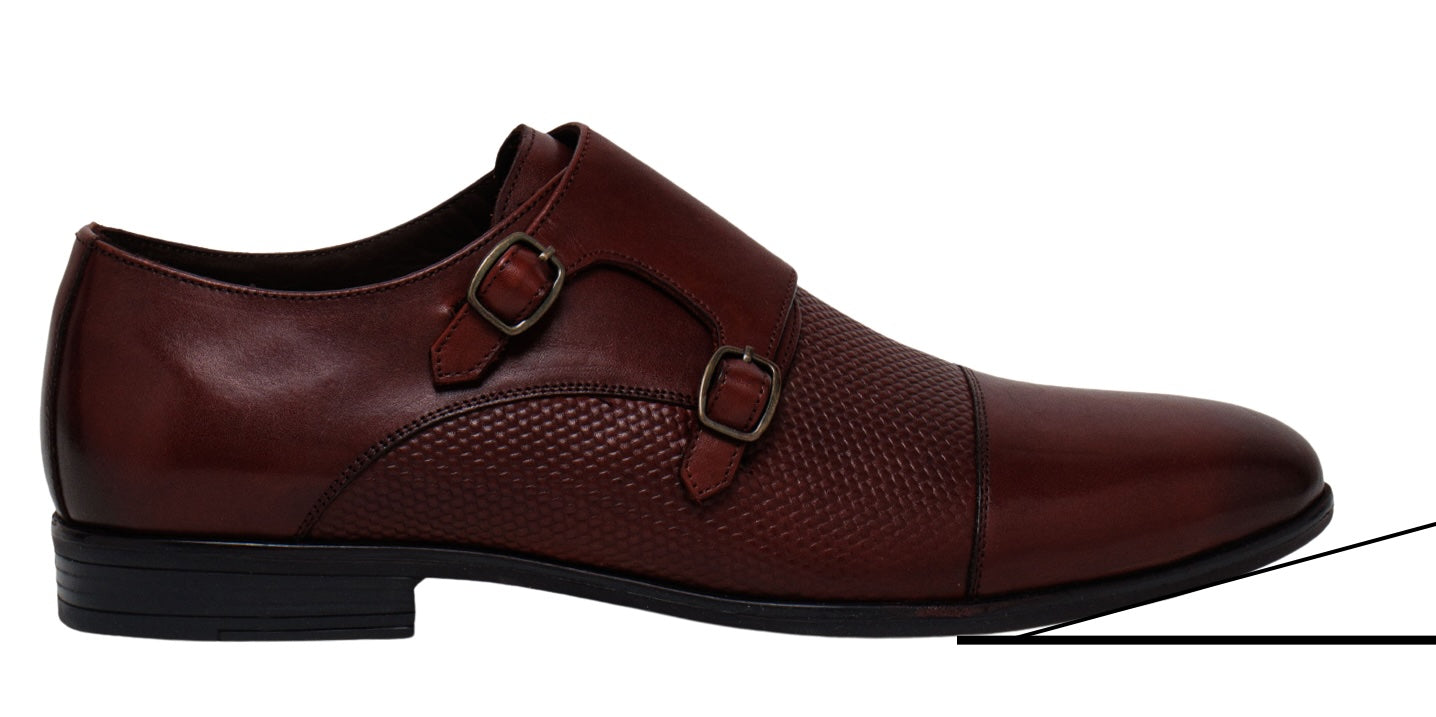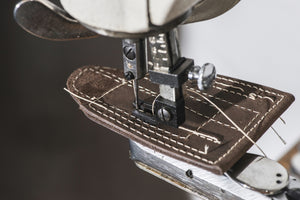Identifying a low-quality shoe can be challenging, as many brands attempt to pass off inferior products as high-quality items. The key is to know what to look for. It becomes especially difficult with persuasive salespeople or the high-quality images used in online shopping that make the shoes appear better than they are. Here are some details to help you recognize when a shoe might not live up to its claims.
The Balance
A prominent indicator is an excessively high toe spring, where the toe noticeably lifts off the ground. Although this is not a definitive sign of a cheap shoe, it is a common feature in nearly all low-quality footwear. If you observe the toe pointing upward, it's probably a sign of poor craftsmanship. Recognizing a shoe's last balance may not come naturally at first, but with experience, you'll notice that high-quality shoes have a proportionally smooth last shape. As you become more familiar with this, you'll start spotting flaws in most department store offerings and many big-brand online options, which often invest heavily in marketing rather than the product itself. Few brands manage to excel in both areas, as scaling the production of high-quality shoes is quite challenging. The best manufacturers typically produce for themselves and a select few others.
Leather Odour

When you encounter an overpowering chemical smell, it's a strong indication that the shoe is cheaply made. High-quality shoes are made with superior materials that have distinct, pleasant scents, like beeswax or genuine leather. In contrast, low-quality shoes often have a strong chemical odour. As you familiarize yourself with the natural scents of high-quality shoes, recognizing the difference will become easier. Though it might seem unusual, using your sense of smell can be a surprisingly effective way to gauge shoe quality. Don't worry about others noticing you sniffing shoes—it's a small price to pay to avoid the mistake of buying low-quality footwear.
Pattern Design Elements
Poorly crafted shoes often feature disproportionately large caps, particularly with straight or wing caps. Have you ever noticed shoes where the seam of the cap sits directly below the lacing area, leaving minimal space for the vamp (the area where your toes flex)? If you reflect on it, you'll likely recall such instances.
This isn't necessarily an intentional design choice but rather a result of subpar pattern-making. The priority isn't always to create the best shoe but rather to maximize sales. Typically, you'll find an oversized straight cap, with very few exceptions where a smaller cap is used.
The opening of the shoe
Usually, when the upper part of the lacing extends excessively high, resulting in a short opening for the foot, the shoe's aesthetic is often compromised. This issue is compounded by overly tall side panels below the ankles and a disproportionately short facing where the laces are positioned. Together, these factors create a visually awkward and unbalanced appearance in the shoe's design.
Final thoughts…
In today's market, numerous inexpensive shoes attempt to masquerade as high-quality items, often using catchy phrases like 'handmade' or 'genuine leather ' in their marketing. Authentic quality, however, speaks for itself without needing such slogans. The irony lies in how many people are drawn to unattractive, low-cost shoes—an observation that underscores the importance of education and exposure in discerning footwear quality.
Having engaged closely with and produced footwear for numerous international brands, my immersion in the world of exquisite European footwear was truly enlightening. While beautiful shoes can certainly be found in India, uncovering these treasures often involves While India does offer beautiful shoes, discovering these treasures often requires delving into the fundamentals of leathers and shoe designs.
This article is authored by Arvind Bajaj, the mind behind men’s footwear brand EZOK Shoes. His parent company, Amar Shoes, thrives with cutting-edge facilities in Agra and Noida, employing over 1200 and producing footwear for global leading brands.
